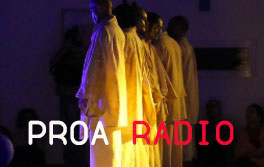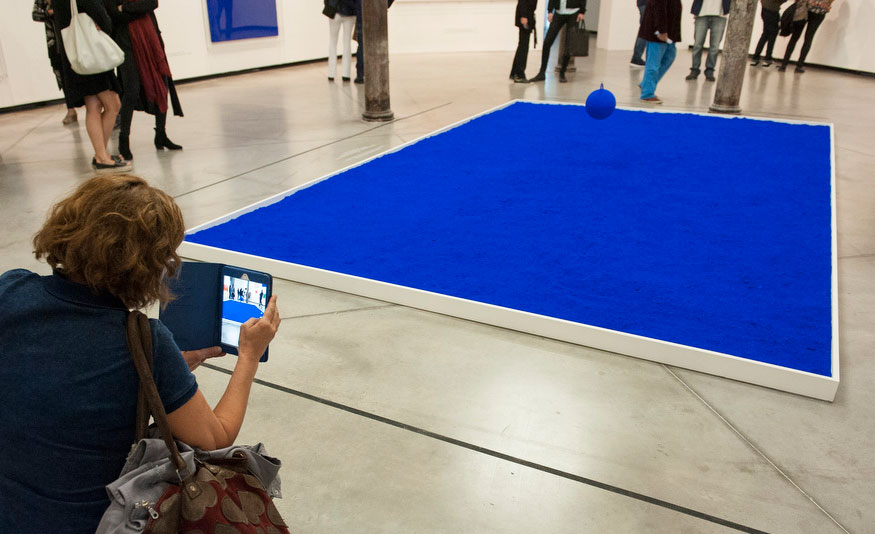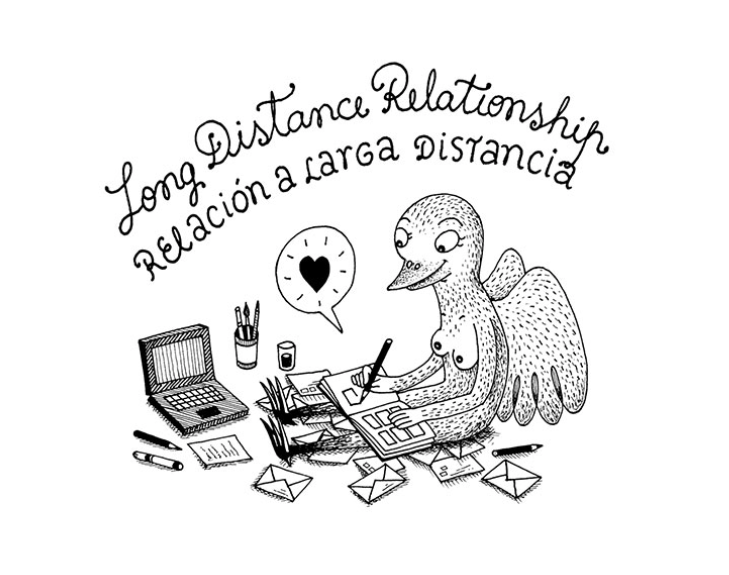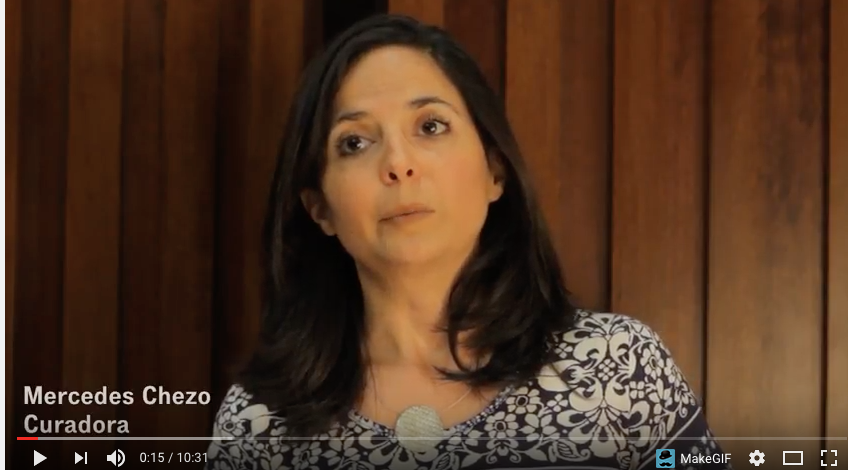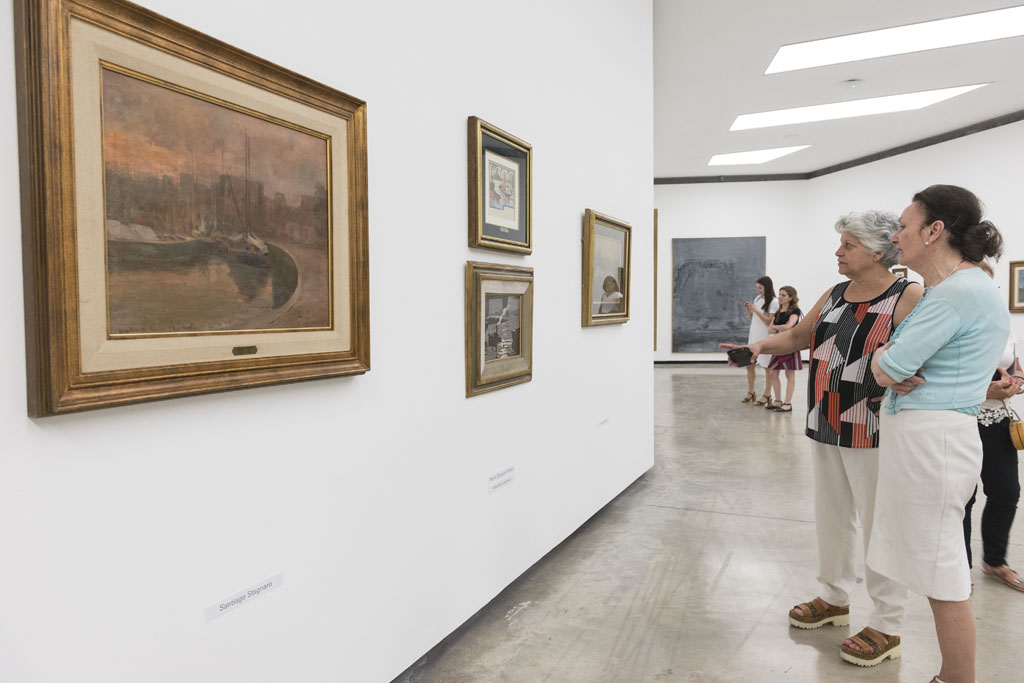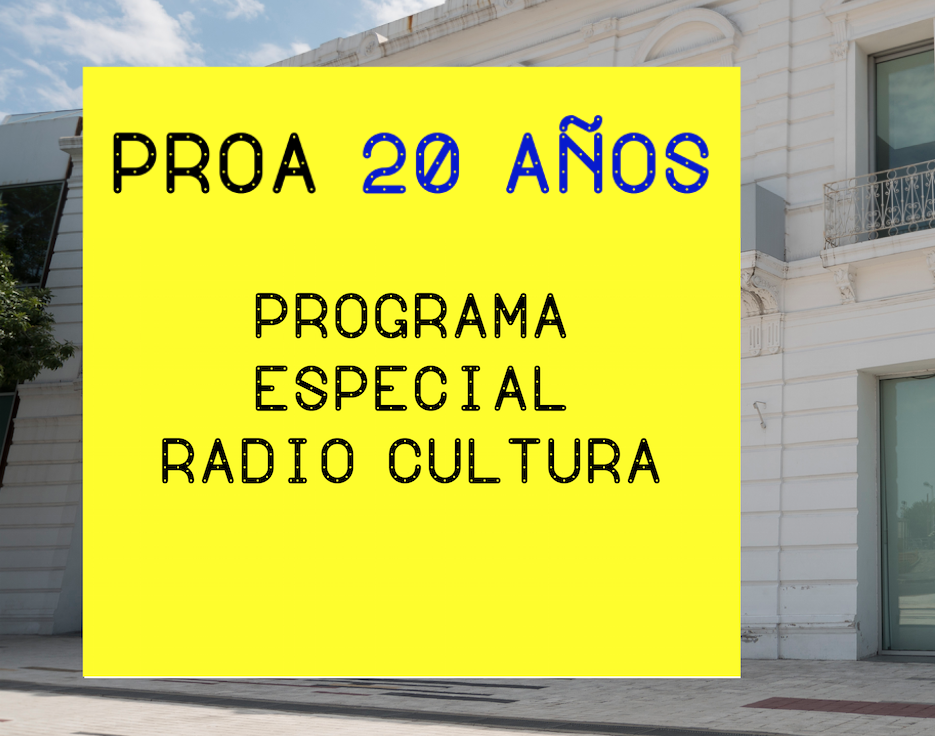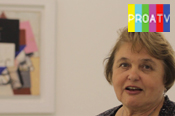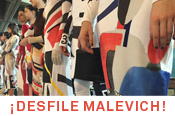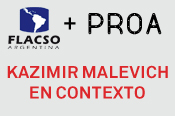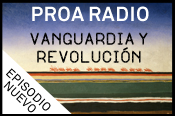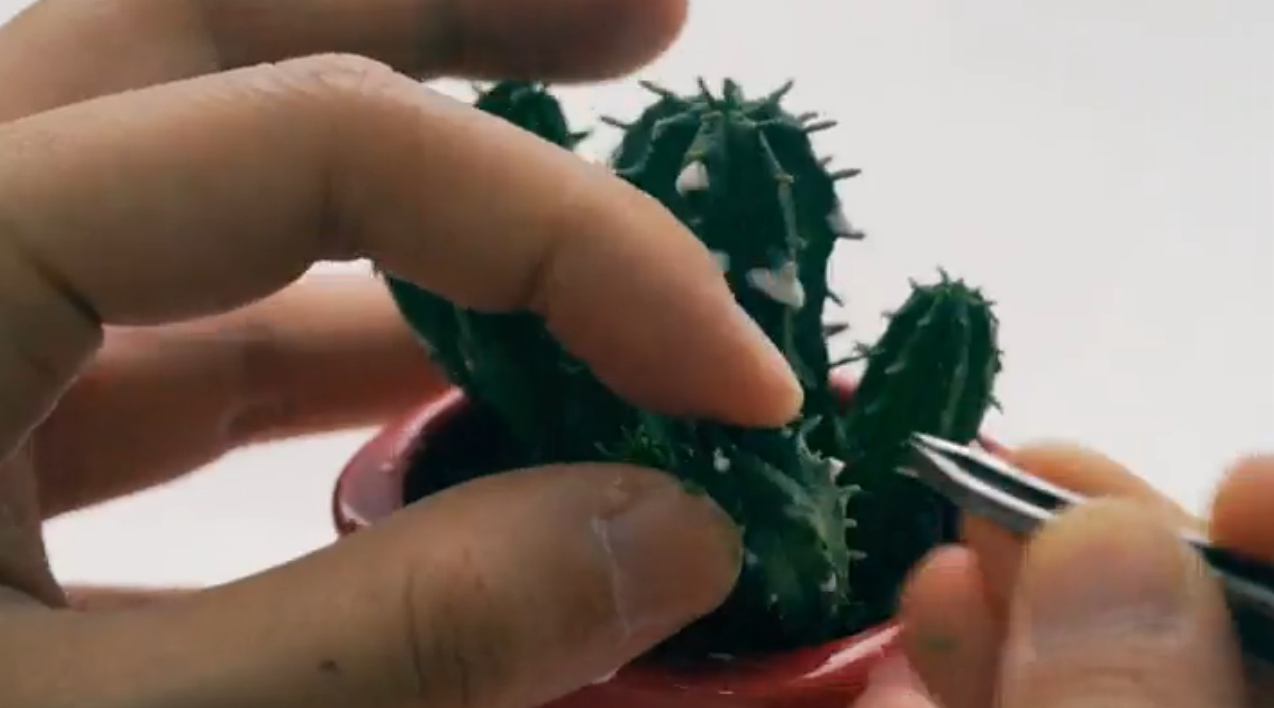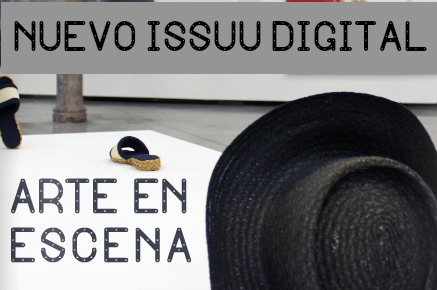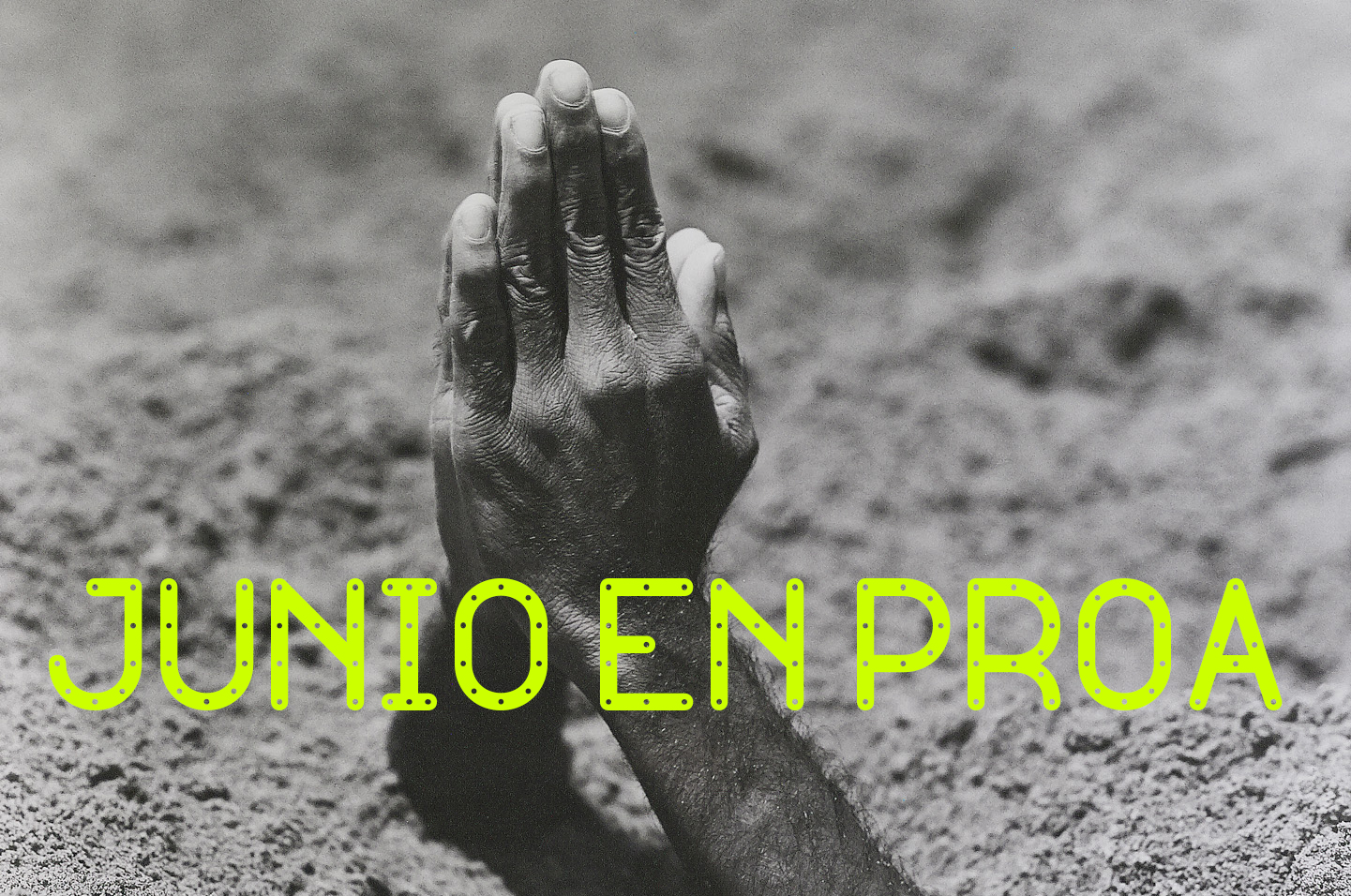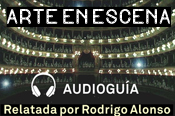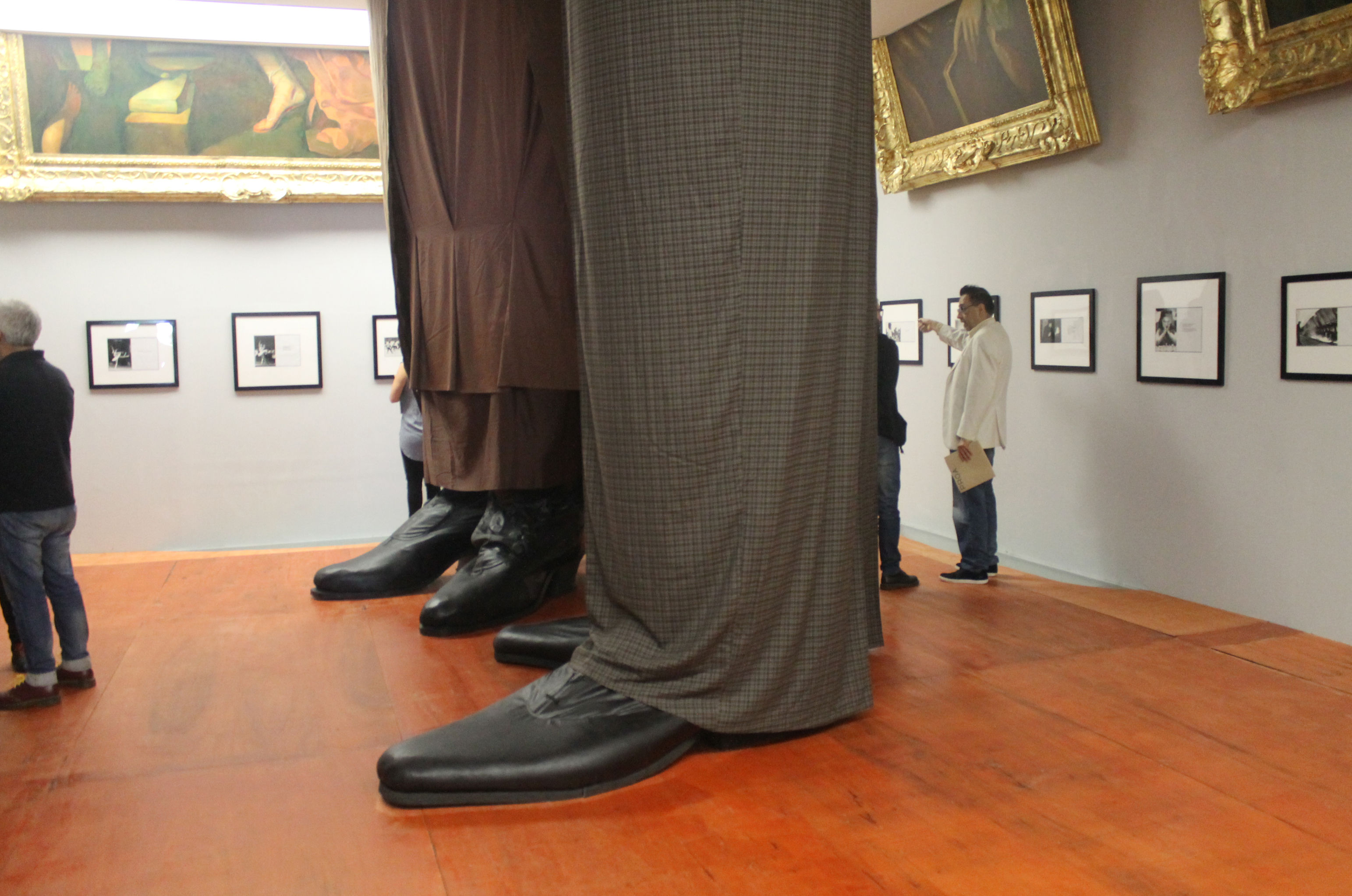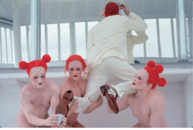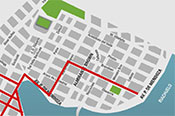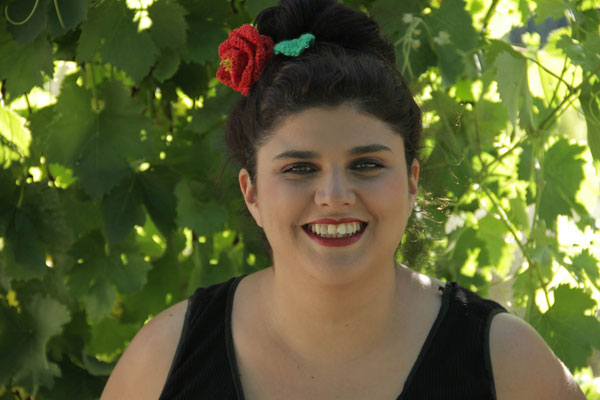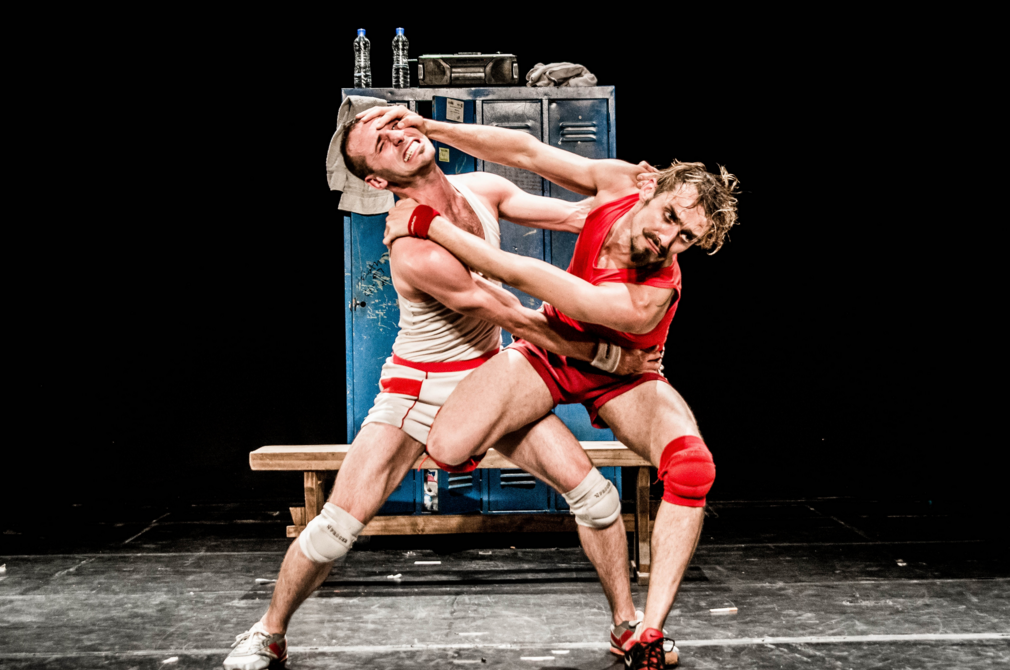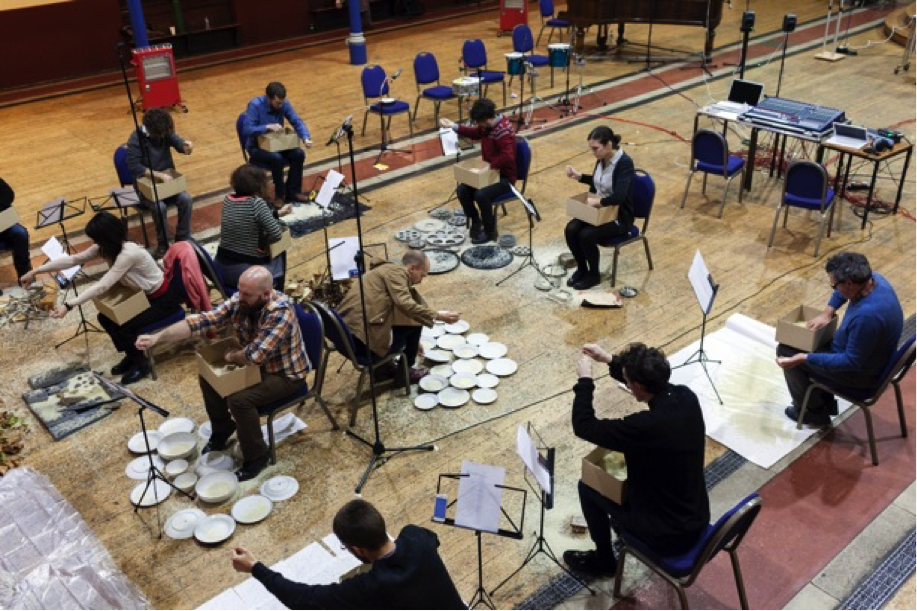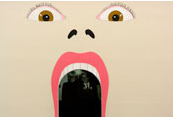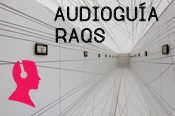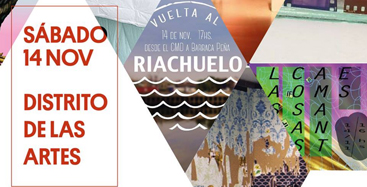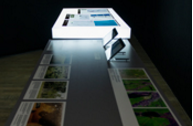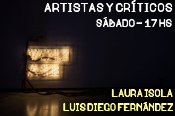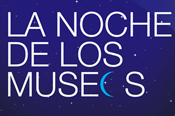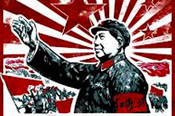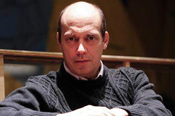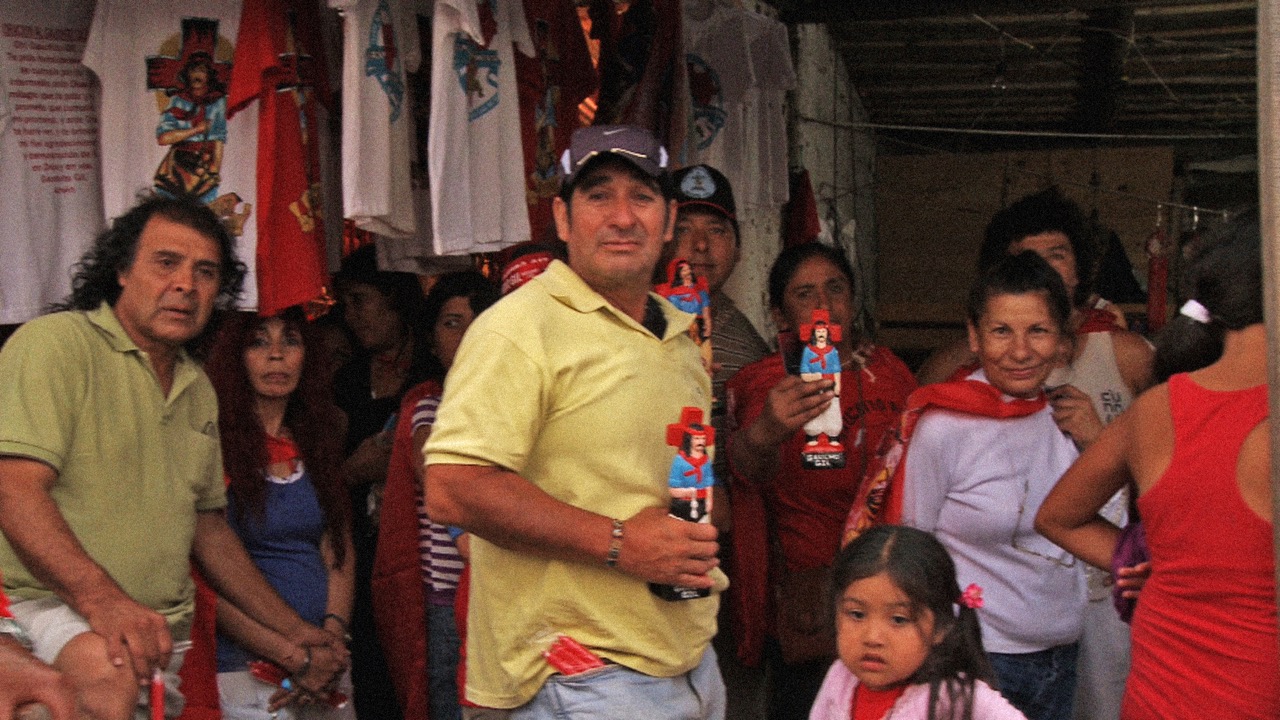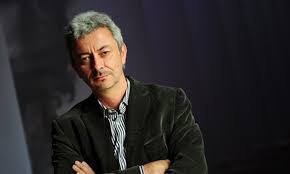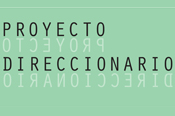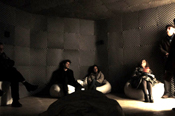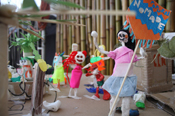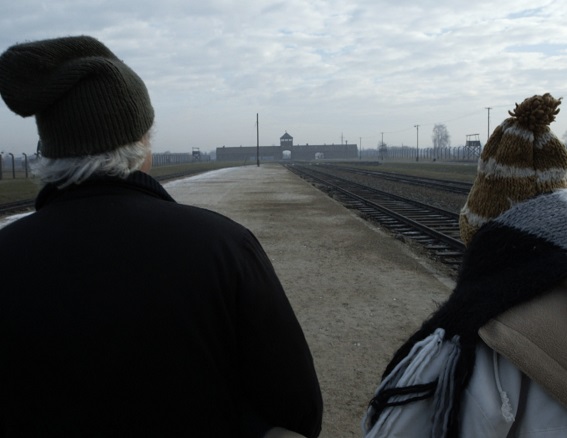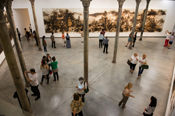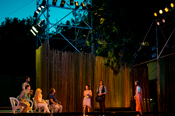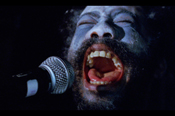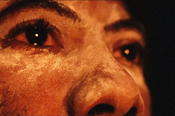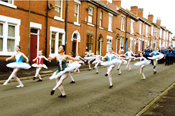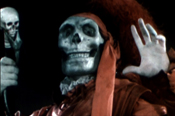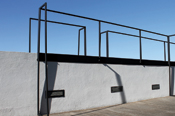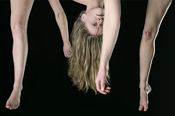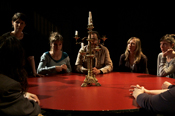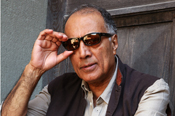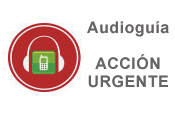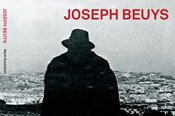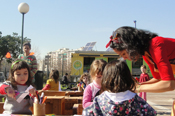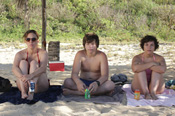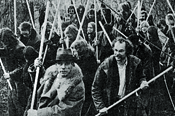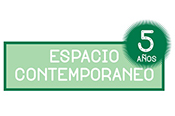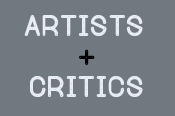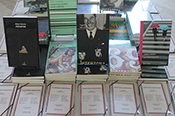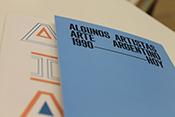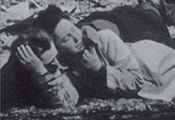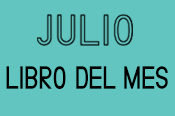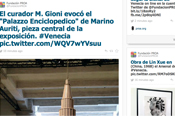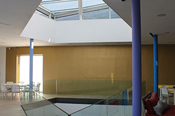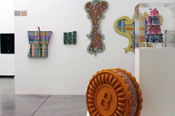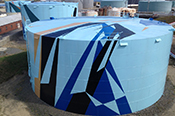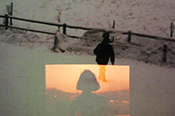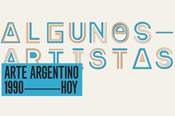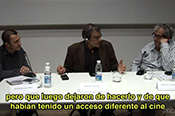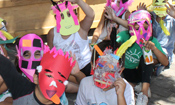Dialogues and encounters at Las Pampas: Art and Culture in the 19th Century exhibition
November 08, 2010
Every Saturday at 5 PM
Information: info@proa.org
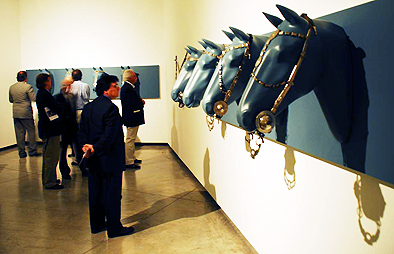
Dialogues and encounters invites the audience to visit the exhibition Las Pampas alongside distinguished art specialists, researchers and professors who will enrich our perspective on the show by engaging in an intense dialogue with the public. This program is an addition to daily guided visits to the exhibition and the educators’ constant presence in its galleries.
Saturdays 3PM. Audience can begin visiting the exhibition galleries with Proa’ s educators; then, at 5PM, take the guided tour with the guest specialist.
November
- Saturday 13 - 5 PM Claudia Caraballo de Quentin - Ruth Corcuera
Ruth Corcuera, expert on textile, will give a guided visit to the galleries and pieces on display together with the project’s director
- Saturday 20 - 5 PM Raúl Mandrini
A panorama on the social, political and historical context of the Pampas during the 19th Century
- Saturday 27 - 5 PM Daniel Molina
A historical look on art and craftsmanship of the native settlers of the Pampas
December
- Saturday 4 - 5 PM Luis González
Silverwork and its production context from the perspective of anthropology and the history of native settlers.
- Saturday 11 - 5 PM Teresa Pereda – Luis Pincén
The contemporary artist and researcher will dialogue with one of the descents of the legendary cacique Pincén and specialist on native settlers culture
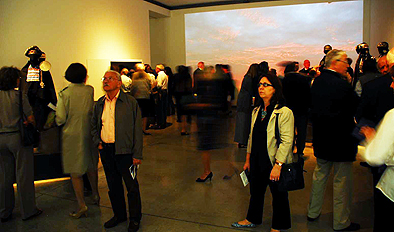
Saturday 13, November Claudia Caraballo de Quentin - Ruth Corcuera
Claudia Caraballo de Quentin, general director for “Las Pampas: Art and Culture in the 19th Century” exhibition, has done extensive research on silverwork, which were included in her publication Platería de Las pampas (2009) (Silverwork from the Pampas). In her latest book, Arte de las Pampas (Art from the Pampas), she presents a new perspective on goldsmithing, 19th Century British manufactured ponchos, ponchos from the Pampa, Araucan, Ranquel and Pehuenche cultures, who inhabited the Pampas and Patagonian territories during the 19th Century, and everyday life objects.
Ruth Corcuera is a History professor at the University of Buenos Aires (UBA), she has her doctorate in History from the Catholic University of Peru, and is and actual member of the National Academy of Fine Arts in Argentina. In 1970, she began her research on textiles from the Andes. She covered the main textile research centers in America, Europe, Africa and the Orient. She is the author of many books including Herencia Textil andina (1987, currently in its third edition) (Textile inheritance of the Andes), Ponchos de las tierras del Plata (2000) (Ponchos from the lands of the La Plata River), El arte del algodón en Catamarca, 1919-1951 (2005) (The Art of cotton in Catamarca, 1919-1951) and Mujeres de seda y tierra (2006) (Women of silk and soil). She is a member of the Book Fair Commission and of the National Academy of Fine Arts’ Board of directors. She is currently the director of Cultural Anthropology for the Center of Investigations of Cultural and Philosophical anthropology.
-
Saturday 20, November Raúl Mandrini
Raúl Mandrini is a History professor at the University of Buenos Aires (UBA); head professor at the National University of the Center of the Province of Buenos Aires, and researcher for the Institute of Socio-historical studies. His work has centered in the history of native settlers from the region of the Pampas and its surrounding areas. Besides writing articles on specialized magazines and books, he authored Volver al país de los araucanos (co-authored with S. Ortelli, 1992) (Going back to the country of the Araucan settlers) and Los indígenas de la Argentina. La visión del “otro” (2004) (Native settlers from Argentina. A view on the “other”).
-
Saturday 27, November Daniel Molina
Daniel Molina is a writer and art critic. He has a Bachelor in Literature (University of Buenos Aires, with honors). His research focuses on new tendencies on art, literature and every day life. From 1986, he has been the director of the Literature department at the Cultural Center Ricardo Rojas (UBA). He gives lectures on Argentine literature and contemporary art. He was editor of “El Porteño”, “Crisis” and “Fin de Siglo” magazines and writes regularly for important local media.
-
Saturday 4, December Luis González
Luis R. González has his Doctorate in Anthropology from the University of Buenos Aires, where he is a professor in the Department of Philosophy and Literature. He leads and participates in archeology research projects at the Ethnographical Museum. He studies the historical tradition of the symbolical and technical aspects of metal manufactured pieces in the region of the Pampas. On this subject, she published over a hundred papers and participated in numerous local and international scientific encounters.
-
Saturday 11, December Teresa Pereda - Luis Pincén
Teresa Pereda is a contemporary artist. She began her education with Estela Pereda and assisted Ana Eckell and Néstor Cruz’s workshops. Bachelor in Art History from the University of Buenos Aires (UBA). She was the curator of the collection Hijos del Viento (Sons of the wind) (textile and silverwork in the Mapuche cultures from Patagonia). In 1979, she had her first solo show and has exhibited her paintings regularly in the 1980s and 90s. From 1994, she travels to rural areas of Argentina developing a strong connection with its people by ethic and esthetic actions, which she embodies in her work. Earth is the structural element of her poetry. As a result of these trips and investigations, she started a series of Itineraries from a country (installations, artist books, paintings, graphic works and objects). She lives and works in Mitikile, near Arenaza, Lincoln, Buenos Aires province.
Luis Eduardo Pincén is part of the people of Gununakuna-Mapuche; and the grandson of famous cacique Pincén from the 19th Century. He is currently the lonko of the community Vicente Catrunao Pincén and president of the Namuncu association, a pluricultural association with Telhuelches, Kollas, Tobas and Guaraníes. Member of the Forum for Religious diversity (INADI) and the Bilingual Education Intercultural Council, from the General Direction of Culture and Education of the Province of Buenos Aires.
